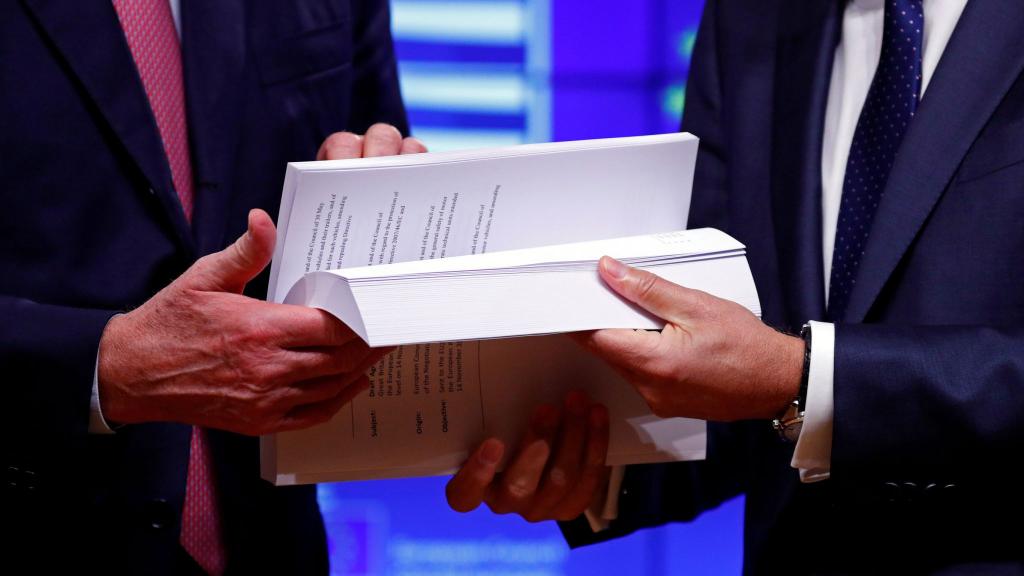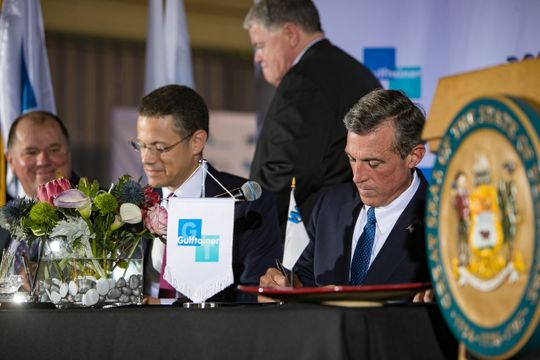A concession agreement is concluded between the concessionaire (private investor) and the concessionaire (this is a state structure). At the same time, the latter is vested with a number of rights and obligations, which are discussed in more detail in the article.
General Provisions
A grant is a holder of the ownership of an object for which a concession agreement is concluded. Its capacity may be:
- State. It is represented by the Government of the country or the federal executive body authorized by the Government.
- Region. The interests of a constituent entity of the Russian Federation are represented by regional authorities if the agreement is concluded with respect to the facilities that belong to it.
- Municipality. In this case, the authority of the grantor is vested in the local government. This is done if the agreement concerns objects that are the property of the municipality.
The rights and obligations of the grantor are specified in the concession agreement. Some of them arise before its conclusion, and others - upon signing the contract. In Russia, the Law on Concession Agreements No. 115-FZ was adopted. It speaks of the rights and obligations, as well as the authority of the concessor.

Rights at the stage of concluding a contract
First, let's talk about rights when concluding a contract. According to part 6 of article 23 of Law No. 115-FZ, the grantor may change the tender documentation if the deadline for submitting applications is extended by at least 30 working days. According to part 6 of article 29 of the same Law, if the tender is considered failed, the concession holder has the right to open the envelope with one application and consider it 3 days after the adoption of the relevant decision.
A grantee may consider only 1 tender proposal. If it meets the necessary criteria, he is entitled to conclude an agreement with the applicant, which must comply with the conditions existing in the tender proposal of the grantor. This provision has been adopted in order to ensure the interests of someone who offers favorable business conditions and is suitable for the requirements.
In part 3.2 of article 36 of Law No. 115-FZ there is one important reservation. According to it, in case of refusal to conclude a concession agreement with the winner of the tender, the concessor has the right to offer this to the participant whose offer is the best after the corresponding offer of the winner of the tender.

Obligations at the stage of concluding a contract
It is also important to say about obligations when concluding a contract. The grantee must present the necessary documentation to those persons who were invited to participate in a closed tender. This must be done on time and in the manner prescribed by the relevant documentation. It is also his responsibility to provide clarifications on the tender documentation at the request of applicants, provided that they arrived at least 10 days (workers) before the deadline for submitting applications for participation has expired.
Rights and obligations at the time of conclusion of the agreement
The rights and obligations of the grantor under an already signed agreement are not indicated in a separate article. Articles 8 and 9 of the Law speak of his rights to exercise control over the implementation of the terms of the agreement. A certain part of the costs of the construction or reconstruction of the facility, as well as its operation, can also be borne by the concessor. This right is given in connection with the social significance of the object of the agreement.
Monitoring the implementation of the terms of the contract is carried out by the same structures that are authorized to exercise rights and obligations. In this case, the credentials of the respective representatives must be certified. These structures cannot give instructions to the grantor on how to conduct business activities. If during the inspection violations are revealed, only information about it is carried out.
The corresponding prohibition is based on part 1 of article 748 of the Civil Code of the Russian Federation, which states that the customer can control the progress of work under a contract, but cannot interfere with activities. The contractor must comply with the instructions of the customer when they do not contradict the provisions of the contract and are not an interference in his business.

Confidentiality
The grantor has no right to disclose information that, according to the agreement, is confidential or is a trade secret. So, the Law “On Information, Information Technologies and Information Protection” No. 149-ФЗ indicates the requirement not to transfer information received upon receipt of appropriate access to third parties, if there is no consent of the holder of this information. The same legal act states that special laws establish the conditions by which the information relates to commercial, official or other secrets, confidentiality must be respected, and the disclosure of data provides for legal liability. Thus, the grantor and the concessionaire may indicate in the agreement a list of data that is secret.
Moreover, the confidentiality of information that constitutes a trade secret must be respected regardless of whether these clauses are provided for in the agreement or not. These legal relations are regulated by the Law "On Trade Secret" No. 98-FZ.

Oversight Actions
The procedure for the performance of the supervisor’s supervisory function and accounting are governed by agreements approved by the Government. In particular, they provide for:
- Notify the concessionaire about legal entities and bodies that can exercise the rights and obligations of the concessor.
- To ask the concessionaire for information on the fulfillment of obligations.
- The obligation of the parties to sign an act of fulfillment of obligations after the occurrence of these facts.
- If violations are found that can significantly affect compliance with the terms of the agreement by the concessionaire, the obligation of the concessionaire is to inform him of this within the prescribed time.
Use of funds of the grantor
The grantor has the right to incur certain expenses for education, reconstruction and use of the facility. And also provide guarantees to the concessionaire, in accordance with applicable law. The amount of the expenses of the concessor, the conditions and procedure for their provision are indicated in the preliminary conclusion of the agreement and in the documentation on the tender. The same information should be reflected in the contract itself.
Also, the grantor can invest in the project. This is usually carried out at low or low efficiency from the point of view of commerce, but with great significance of the object of a social, economic, strategic and environmental nature. Therefore, before the concessionor’s fee is paid under the concession agreement, the social significance of the project is checked. It is important.

Change of concession agreement by the grantor
On the basis of a government decision, as well as proposals of the concessionaire, the concessor has the right to change:
- Terms of the agreement regarding the timing and priority of the provision of land to carry out their activities.
- Stages of the construction and reconstruction of the facility.
- Technical descriptions of some parts and elements of the object, subject to lower costs for the construction and reconstruction of the respective objects.
- Lowering the estimate of the object at the suggestion of the concessionaire.
- Reducing the timing of the provision of documents that confirm the provision of a loan or the availability of their funds in the required amount.
- Period for the provision of supporting documents regarding the performance of the obligations of the concessionaire.
- The concession fee period.
- Competitive bids, with the exception of those that serve as relevant criteria for the competition.

Postings in accounting
The object is recorded in the form of non-financial assets of the budget property of the grantor. This applies to balance sheet accounts.
For the period of signing the agreement on the off-balance sheet account, which takes into account the estimated cost of the property, the amount of investment for the construction or reconstruction of the property should be indicated. Then, on the second off-balance sheet account, the real value of investments is indicated, and the estimate on the first account changes. Indication of the actual value of investments and account adjustment is done once every 6 months. For example, the concessor transfers the property, accounting entries are made in accordance with the established procedure. In order for all operations to be carried out on time, it is advisable to include in the concessionaire's obligation to provide the necessary information on time. Amounts from off-balance accounts are written off at the date of registration during construction or commissioning during reconstruction.
If the object is under operational management or maintenance, the concessor transfers the property, and accounting entries are made on the off-balance sheet account, where the property is recorded at the book value.
During the term of the agreement, depreciation is charged to the state. body. And that speaks on behalf of the concessor.
Conclusion

The state, the subject of the Federation or the municipality on whose behalf the concessionaire acts receives the benefit from the concession agreement, as well as the concessionaire. But in order to comply with all conditions of the agreement, the concessor is vested with a number of powers. This is a supervisory function, the ability to change the agreement and so on.









